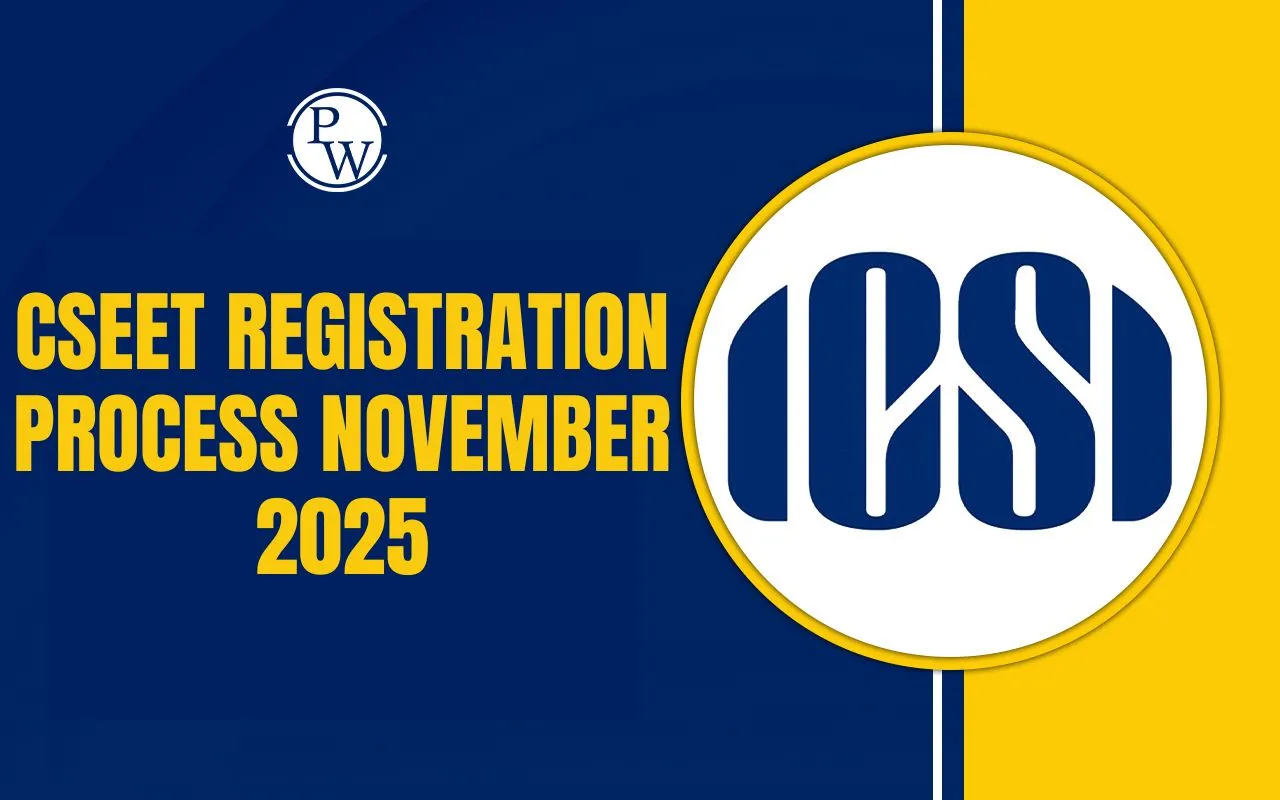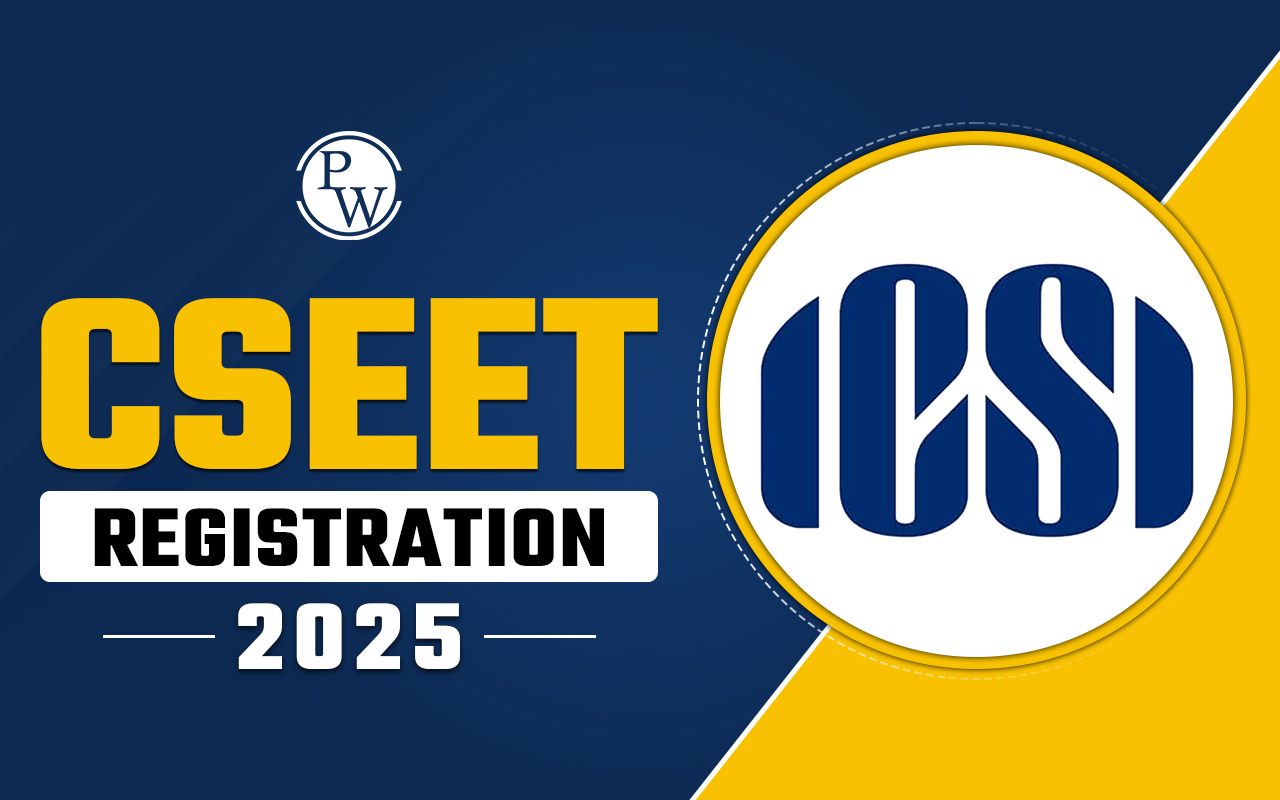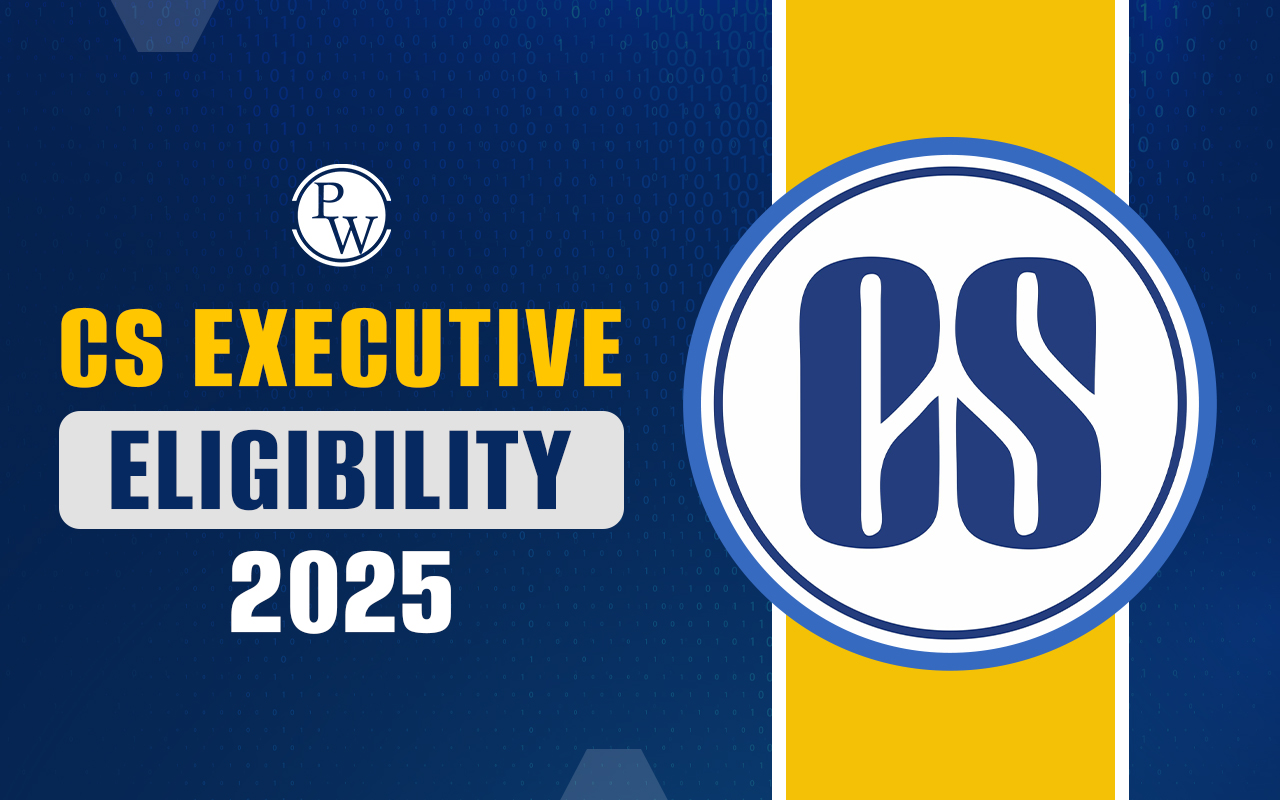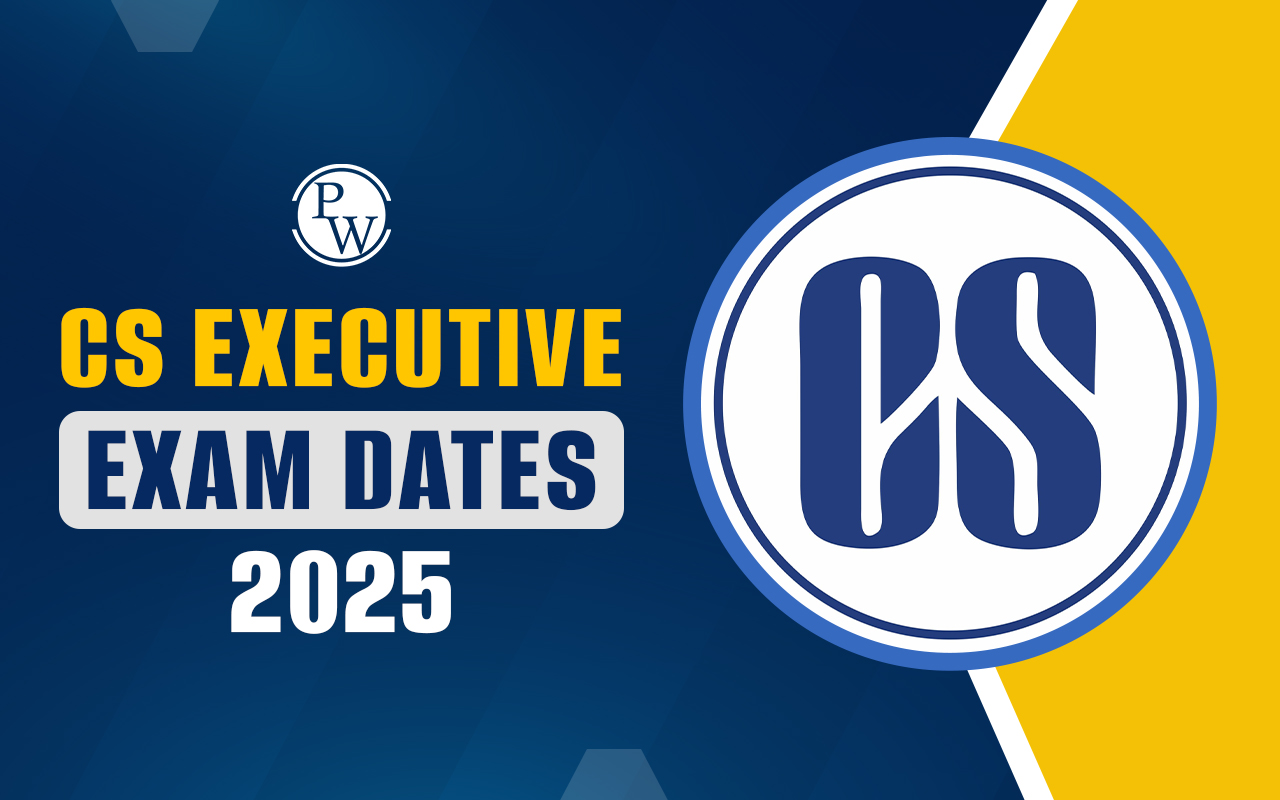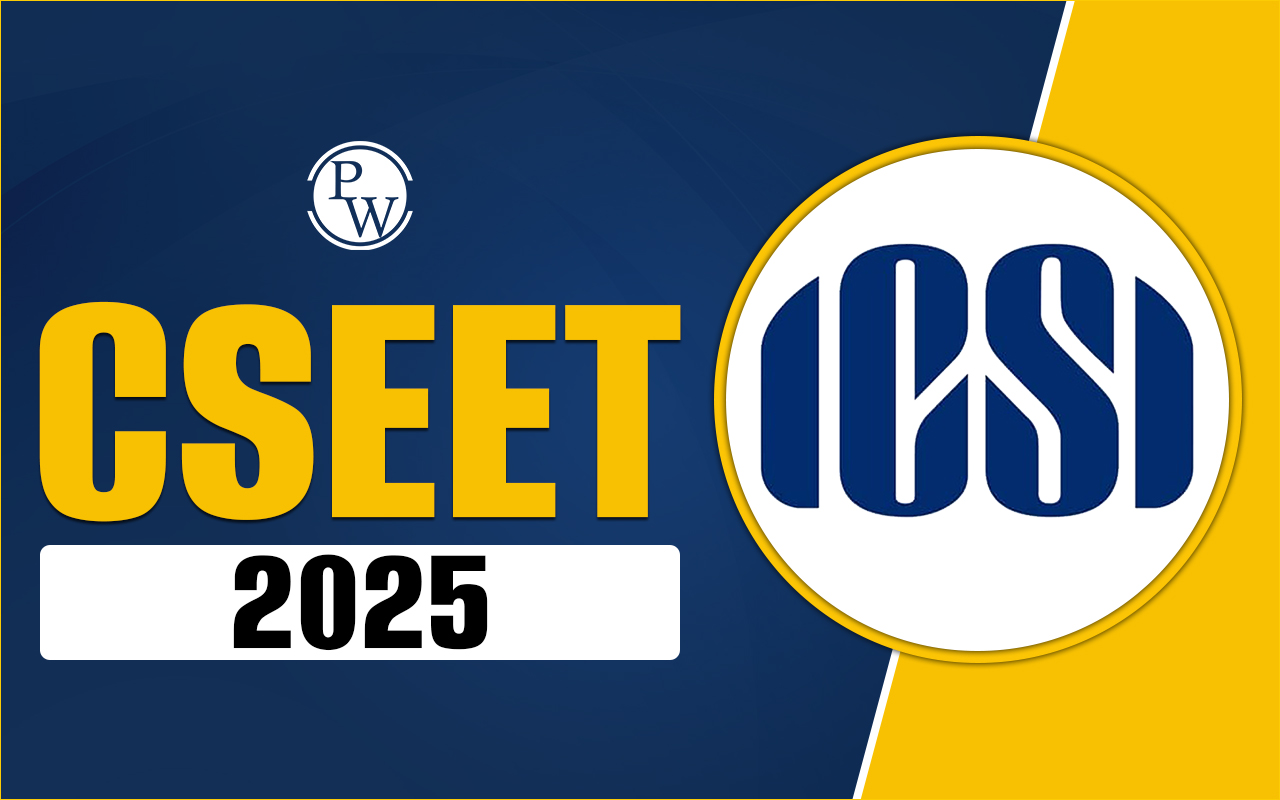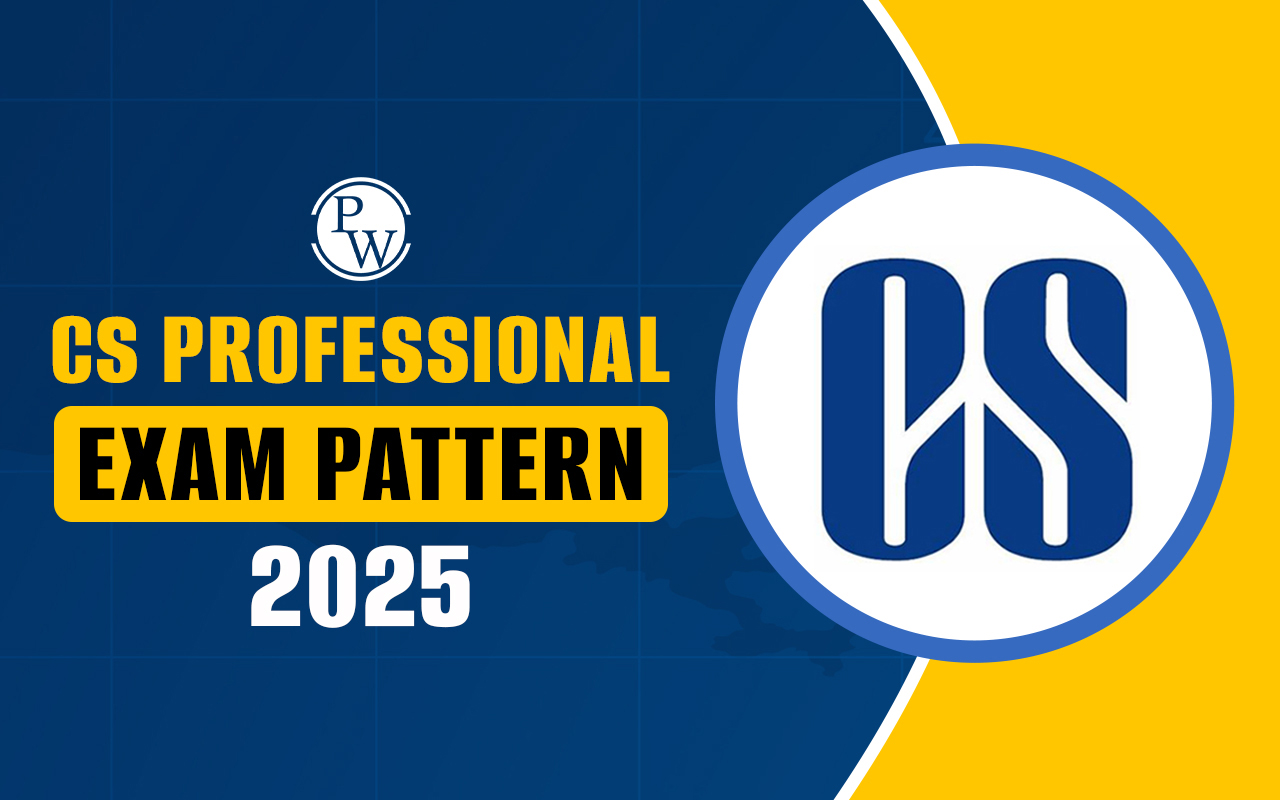
Capital and Disclosure Requirements are the instructions or rules set by an authority called SEBI(The Securities and Exchange Board of India ) to ensure transparency and fairness when companies issue securities like stocks and bonds to the public.
These rules control the initial public offering (IPO) process, where a company sells its shares to the public for the first time. An IPO can have two parts: new shares issued by the company and shares sold by current shareholders. The article will discuss the capital and disclosure requirements while raising capital in detail.The Purpose of the Capital and Disclosure Requirements
The primary aim of these requirements is to enhance investor confidence by ensuring that companies provide reliable, comprehensive, and transparent information. By maintaining high standards of disclosure and compliance, the regulations help create a fair and efficient market environment. On September 11, 2018, the Securities and Exchange Board of India (SEBI) announced the SEBI (Issue of Capital and Disclosure Requirements) Regulations, 2018 (ICDR 2018). These new regulations took effect on November 10, 2018, replacing the previous SEBI (Issue of Capital and Disclosure Requirements) Regulations, 2009 (ICDR 2009). The ICDR 2018 regulations outline the procedures and requirements for companies issuing capital and making disclosures to the public, protecting investor interests. Implementing these updated regulations marks a significant step in refining and improving India's regulatory framework for capital issuance.The Key Features of the Capital and Disclosure Requirements
The key features of the capital and disclosure requirements are given in detail below:Prospectus Requirements
Companies must issue a detailed prospectus that includes financial statements, risk factors, and the purpose of the capital raise.Minimum Capital Requirements
Companies must meet specific minimum capital thresholds before going public. This criterion ensures that only financially stable companies can access public funding, thereby protecting investors.Regular Financial Reporting
Companies must regularly update their financial status through quarterly and annual reports. These reports help investors stay informed about the company's financial health and performance.Governance Standards Requirements
Companies must follow strict corporate governance practices. This includes requirements for board composition, such as having independent directors and forming audit committees. Good governance practices are critical for ensuring transparency and accountability.Risk Disclosure Requirements
Companies must disclose all possible risks associated with their securities. This includes market risks, operational risks, and any other significant threats to the company's financial stability. Clear risk disclosures help investors make informed decisions.Correct Pricing Requirements
Specific guidelines ensure that securities are priced reasonably. This protects investors from overpaying and provides a level playing field in the market. Fair pricing practices are essential for maintaining market integrity and investor trust.Role of Intermediaries
The regulations outline the roles and responsibilities of various intermediaries, such as merchant bankers, underwriters, and auditors. These intermediaries play a crucial role in the IPO process, ensuring all regulatory requirements are met.Public and Private Offerings
The ICDR regulations apply to public and private offerings, ensuring a comprehensive framework governing all capital-raising activities. This includes guidelines for initial public offerings (IPOs) and follow-on public offerings (FPOs).Investor Protection
The regulations include various measures to protect investors, such as setting limits on promoter holdings and ensuring no conflicts of interest. These mechanisms are designed to safeguard the interests of investors and maintain confidence in the capital markets.Critical Changes in ICDR 2018
Specific updates under ICDR 2018 aim to enhance transparency and governance in Indian capital markets, impacting IPOs and investor transactions significantly. The detailed updated list is mentioned below:Selling Shareholders Under ICDR 2018
Selling shareholders are those offering securities for sale in a public issue. The regulations clarify that selling shareholders is not the same as selling issuers. The Required Disclosure is the statement accepting responsibility for the accuracy of the information in the offer document. It includes the percentage of pre-issue shareholding—and the weighted average price of securities acquired in the last year.Eligibility Under ICDR 2018
Promoters, directors, and selling shareholders can't be barred from the market (unless their ban has ended) or be fugitive economic offenders. The IPO size limit based on net worth is removed. Financial metrics must be combined and updated. Convertible instrument shares can be converted before filing the RHP.Group Companies
These are defined as companies with related party transactions in the past three years and those deemed material by the board. In this definition, Promoters and subsidiaries are excluded.Changed Definition of Promoter
It is aligned with the Companies Act of 2013. It Includes those named in the offer document, controlling the issuer, or whose instructions the board follows. Certain regulated entities can contribute up to 10% of post-issue capital without being promoters. The other aspects of the promoter are given below:- Ineligibility conditions extended to securities acquired at a lower price in the preceding year.
- Promoters’ locked-in securities can be pledged with specified financial institutions.
- The lock-in period for minimum promoters’ contribution is three years.
- Statutory auditors must certify the amount paid by promoters.
Pre-IPO Restrictions
The issuer must disclose the number of securities or the amount to be raised in further issuances between DRHP filing and IPO listing.Re-filing of the Draft Offer Document
It is required if the size of an issue changes by more than 20%or Offer for sale changes by more than 50%or Combined thresholds apply. The ICDR 2018 makes IPOs more precise and more reliable. It defines roles, sets strict eligibility rules, and requires detailed information from shareholders. It removes limits on IPO size, updates key terms, allows contributions from regulated entities, and sets conditions for locked shares. Clear guidelines ensure a trustworthy process for investors.Capital and Disclosure Requirements FAQ
What is the importance of Capital?
Companies use capital to pay for the ongoing production of goods and services to create profit.
What is the Capital Issue Act?
According to the Act, no company incorporated in the states shall issue capital outside the states except with the central government's consent.
What is the other name of capital requirement?
A capital requirement is also known as capital adequacy or capital base.
What are the three types of required capital?
The three types of capital are human, social, and financial.
Talk to a counsellorHave doubts? Our support team will be happy to assist you!

Check out these Related Articles
Free Learning Resources
PW Books
Notes (Class 10-12)
PW Study Materials
Notes (Class 6-9)
Ncert Solutions
Govt Exams
Class 6th to 12th Online Courses
Govt Job Exams Courses
UPSC Coaching
Defence Exam Coaching
Gate Exam Coaching
Other Exams
Know about Physics Wallah
Physics Wallah is an Indian edtech platform that provides accessible & comprehensive learning experiences to students from Class 6th to postgraduate level. We also provide extensive NCERT solutions, sample paper, NEET, JEE Mains, BITSAT previous year papers & more such resources to students. Physics Wallah also caters to over 3.5 million registered students and over 78 lakh+ Youtube subscribers with 4.8 rating on its app.
We Stand Out because
We provide students with intensive courses with India’s qualified & experienced faculties & mentors. PW strives to make the learning experience comprehensive and accessible for students of all sections of society. We believe in empowering every single student who couldn't dream of a good career in engineering and medical field earlier.
Our Key Focus Areas
Physics Wallah's main focus is to make the learning experience as economical as possible for all students. With our affordable courses like Lakshya, Udaan and Arjuna and many others, we have been able to provide a platform for lakhs of aspirants. From providing Chemistry, Maths, Physics formula to giving e-books of eminent authors like RD Sharma, RS Aggarwal and Lakhmir Singh, PW focuses on every single student's need for preparation.
What Makes Us Different
Physics Wallah strives to develop a comprehensive pedagogical structure for students, where they get a state-of-the-art learning experience with study material and resources. Apart from catering students preparing for JEE Mains and NEET, PW also provides study material for each state board like Uttar Pradesh, Bihar, and others
Copyright © 2026 Physicswallah Limited All rights reserved.
